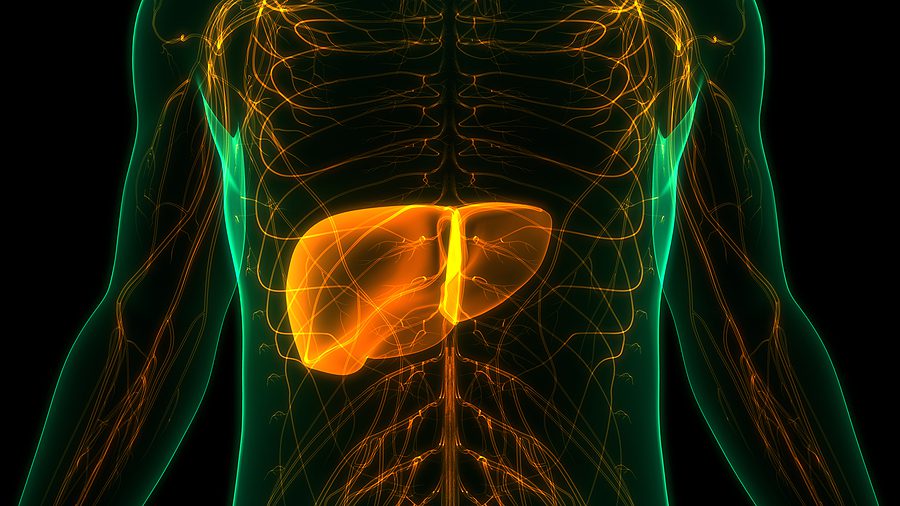Your liver plays an important role in your overall health. However, alcohol, antibiotics, obesity, high blood pressure, and more can weaken it over time. Many seniors live with this organ working overtime. As time progresses, you might be dealing with a case of liver disease. This article will discuss how this organ functions in your body, and common risk factors for liver disease.
What Does the Liver Do?
The liver has many functions, many of which are essential to keeping your body and blood healthy. Studies have shown that the liver is responsible for over 500 vital functions for the body. A few of the liver’s vital functions include:
- The production of bile. Bile breaks up fats and helps with digestion while transferring the additional waste into the intestines.
- Proteins that are necessary for blood plasma production form here.
- The regulation of amino acid levels in the blood. Amino acids allow the body to produce protein compounds.
- Hemoglobin is processed by this organ. Hemoglobin is a protein that carries oxygen to all of the cells in your body through the bloodstream.
- It can filter out and remove bacteria from the bloodstream.
- Ammonia is converted into a urinary waste product, urea.
- Bilirubin is cleared from red blood cells. Bilirubin turns your eyes and skin yellow as it accumulates (jaundice).
Common Risk Factors for Liver Disease
There are 4 major risk factors for Liver Disease. While they are not the only ones, they are the most common. You will find them below.
Alcohol Use
Alcohol use can lead to organ damage, and eventually, Liver Disease. As you drink more alcohol than your body is able to process, your body converts it to a form of fat in the liver. This can hinder the organ’s functions and lead to cell death. Generally, you shouldn’t have more than one alcoholic beverage a day for women or 2 or less for men. Excessive drinking can lead to fatty buildup over time, and binge drinking often can speed up this process.
Obesity & Fatty Liver
Fatty Livers aren’t just caused by drinking alcohol. Non-alcoholic fatty liver disease (NAFLD) is often associated with excessive weight gain and other metabolic health issues. Those at a higher risk of developing NAFLD include those with high cholesterol, high blood pressure, diabetes, and obesity. Shedding weight and getting your BP, cholesterol, and blood sugar under control can go a long way in protecting your liver.
Supplements and Medications
Some medications and supplements have been linked to liver disease. This often depends on the dose and frequency of use. Frequent use of Acetaminophen, an OTC painkiller, can lead to liver toxicity. However, you may not have issues if you use these products as directed. This includes following instructions such as taking a supplement or pill with food or avoiding alcohol while taking the medicine.
Additionally, antibiotics can be a factor in liver issues. While this isn’t a widespread issue, it is important to understand this. When prescribed antibiotics by a doctor, be sure to follow usage instructions.
Non-medical supplements can also create problems in the liver. High concentrations of Vitamin A and niacin, for example, can create complications for the organ. Some studies suggest that products containing green tea extract, linoleic acid, and more can affect the liver. Generally, you should be sure to discuss any and all medications and supplements you are taking with your physicians.
Viruses and Infections
Some viral infections are linked to declining liver health, which can result in further disease or even cancer. Hepatitis B and C (HBV & HCV) have both been linked to liver disease. HBV vaccines are available, and most children in the US have been inoculated with them. Additionally, doctors recommend getting tested for HCV at least once. Talk with your primary care physician about your options regarding Hepatitis.
Safe Harbor Healthcare Services does not provide medical, healthcare, or financial advice via articles. This material has been prepared for informational purposes only. It is not intended to provide, and should not be relied on for medical advice.
Safe Harbor Healthcare Services has been providing excellent home care on Staten Island since 1967. Our services help the elderly and disabled live safely and independently; while giving their families the peace of mind they need. For more information contact us by clicking here, or call (718)-979-6900.

